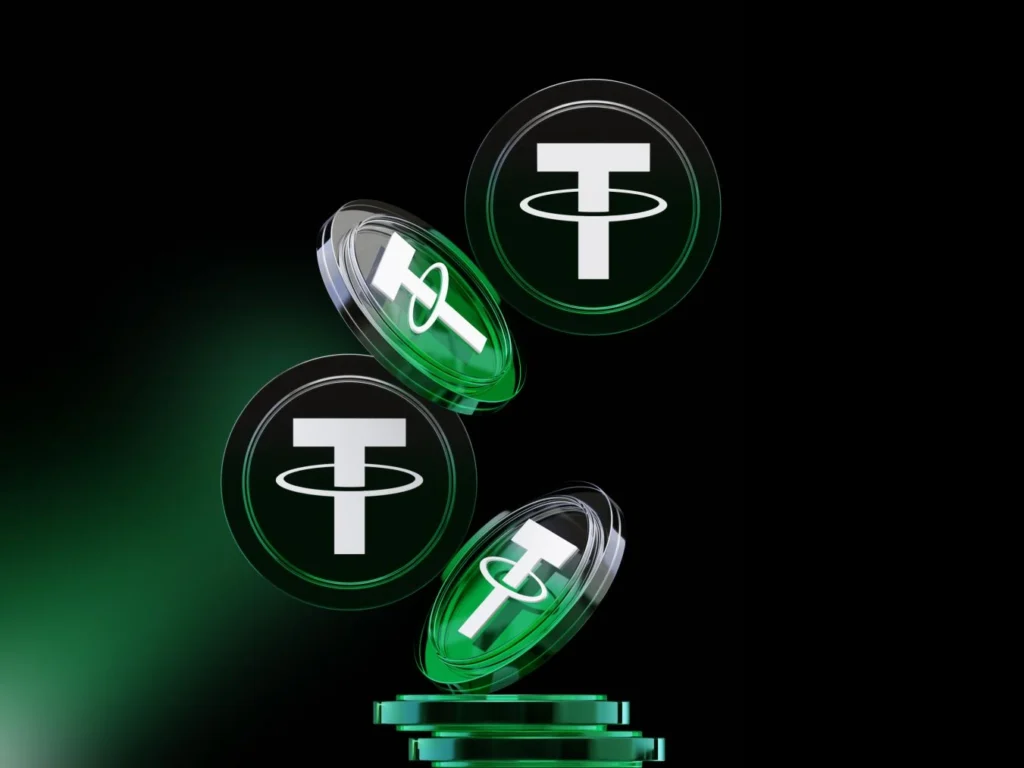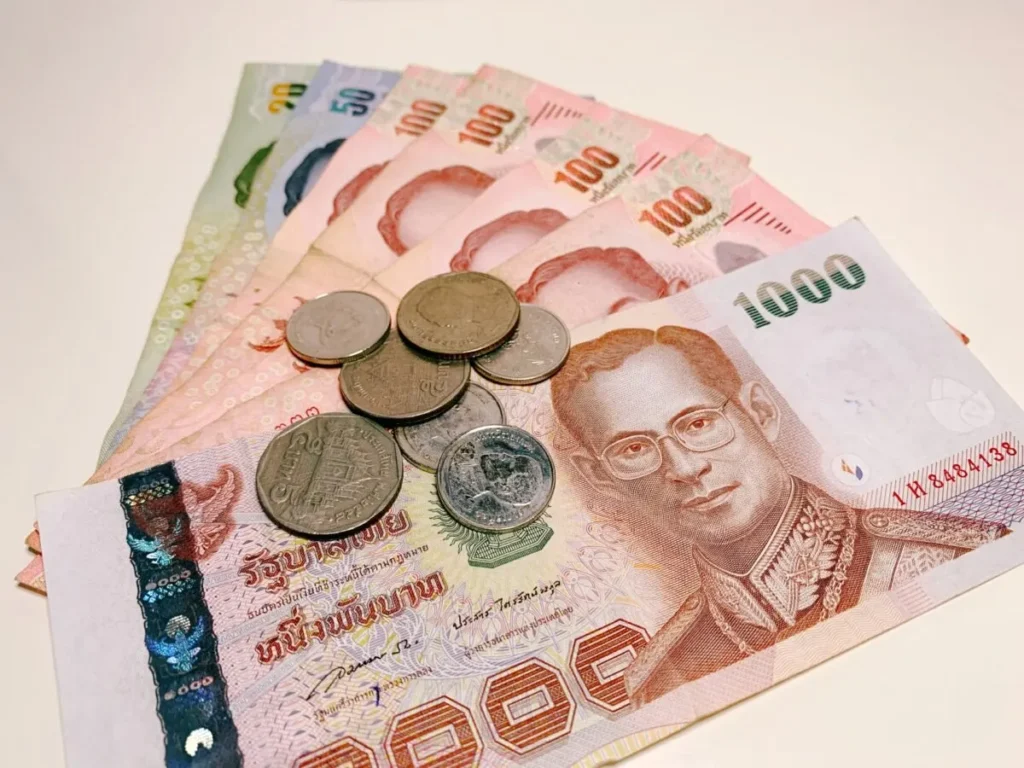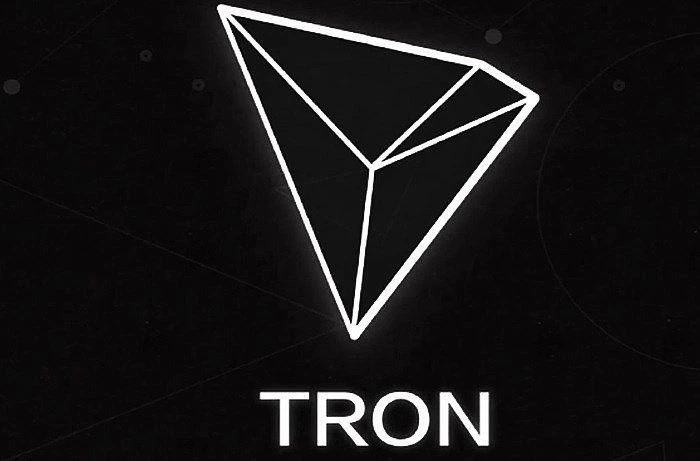FAQ: Everything Thai Users Should Know About USDT in 2025
USDT in Thailand: 2025 FAQ for New and Experienced Users
In 2025, USDT (Tether) has become a central player in Thailand’s crypto economy—but not in the flashy, headline-grabbing way you might expect. Instead, its rise has been quiet, practical, and driven by real-world use. From freelancers getting paid in stablecoins to casual users trading baht for USDT on local platforms, more Thais are turning to this dollar-pegged asset for stability, speed, and everyday utility. This FAQ answers the most common questions about why USDT is gaining ground in Thailand—and what you need to know before using it.
What is USDT?
USDT (Tether) is a stablecoin—a cryptocurrency that is pegged 1:1 to the US dollar. This means its value stays stable, unlike Bitcoin or Ethereum, which often fluctuate in price.

Credit from : Coins.ph
Why is USDT popular in Thailand now?
In 2025, Thai users are turning to USDT for three main reasons:
- Stability: It holds its value better than volatile coins
- Convenience: It’s widely accepted on Thai and global platforms
- Speed and cost: Transactions (especially on TRC-20) are fast and low-fee
It’s seen as a safer, more practical option in a turbulent financial climate.
Who’s using USDT in Thailand?
It’s not just traders anymore. In 2025:
- Freelancers get paid in USDT from international clients
- Retail buyers use it for informal e-commerce deals
- Digital nomads store short-term savings in it
- P2P traders rely on it for consistent liquidity

Which platforms support USDT in Thailand?
Top platforms that support USDT in Thailand include:
- Bitkub – Local fiat-to-crypto trading
- Binance P2P – Active peer-to-peer market
- Satang Pro – Regulated Thai exchange
These platforms allow you to convert Thai baht (THB) into USDT and vice versa.

Why choose USDT over other stablecoins like USDC or BUSD?
USDT leads in Thailand because of:
- Liquidity: It’s always in demand
- Familiarity: It’s been used for years
- Chain flexibility: TRC-20 is especially popular for cheap and quick transfers
Other coins like USDC are seen as more transparent but don’t offer the same level of local adoption.
What is TRC-20 and why is it preferred?
TRC-20 is the USDT token standard on the TRON blockchain. In Thailand, it’s popular because:
- Transfer fees are extremely low (often <1 THB)
- Transactions are completed in seconds
- Most Thai P2P sellers accept TRC-20 over ERC-20
Just make sure your sending and receiving wallets are TRC-20 compatible.

Credit from : Investopedia
Are businesses in Thailand accepting USDT?
Some are starting to. In 2025:
- A few cafés in Chiang Mai accept crypto, including USDT
- Online sellers on Shopee or Lazada may offer off-platform crypto deals
- Cross-border e-commerce is leading the way with USDT payments
But large-scale retail acceptance is still limited.

Is it legal to use USDT in Thailand?
Yes—it is legal to trade and hold USDT in Thailand in 2025. However:
- It is not legal tender (you can’t pay taxes or utility bills with it)
- Thai authorities do regulate crypto platforms, so KYC is required
- P2P transfers remain in a gray but tolerated area
Compared to some neighboring countries, Thailand has taken a relatively open approach.
Is USDT safe? What are the risks?
Pros:
- Stable in value
- Fast transfers
- Widely accepted
Cons:
- Some concerns remain about Tether’s transparency
- Not all wallets or platforms support every chain (TRC-20, ERC-20, etc.)
- If regulations change, P2P transfers could face more scrutiny
Always double-check the chain address when sending and store USDT in trusted wallets.
Is this a long-term trend or just a 2025 phase?
While trends can shift, current signs suggest this is not a fad:
- More platforms are integrating USDT as a default option
- Younger users are switching between baht and USDT with ease
- Thailand’s inflation and the global economy are making stablecoins more appealing
Final Thoughts: Should You Start Using USDT in Thailand?
If you’re looking for:
- A stable way to store or move value
- A fast method for receiving payments
- A low-cost solution for cross-border transactions
…then USDT might be worth exploring. Just remember to use the right chain, keep track of tax rules, and stay updated on local regulations.




